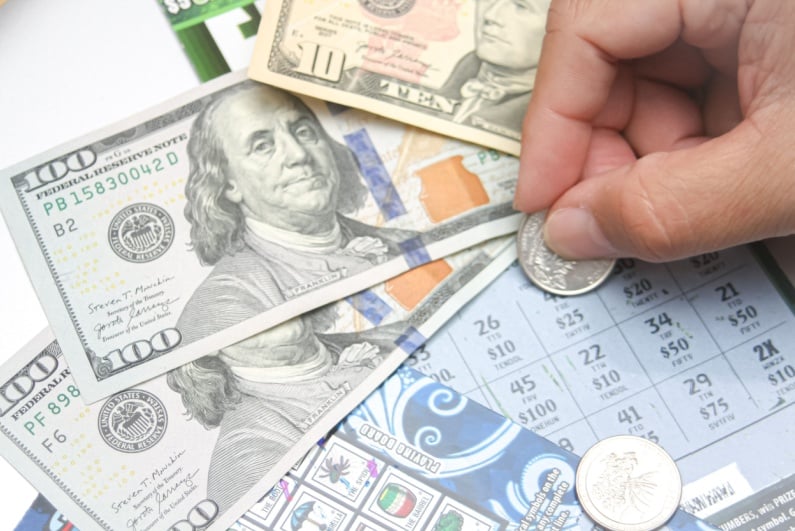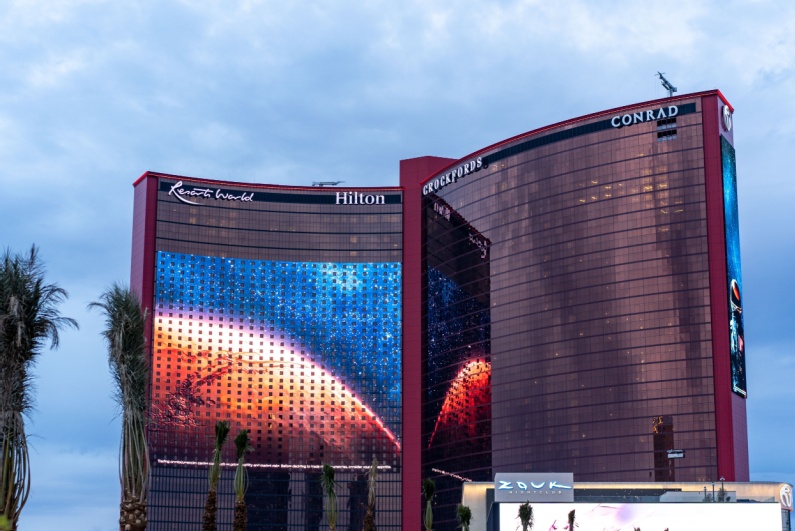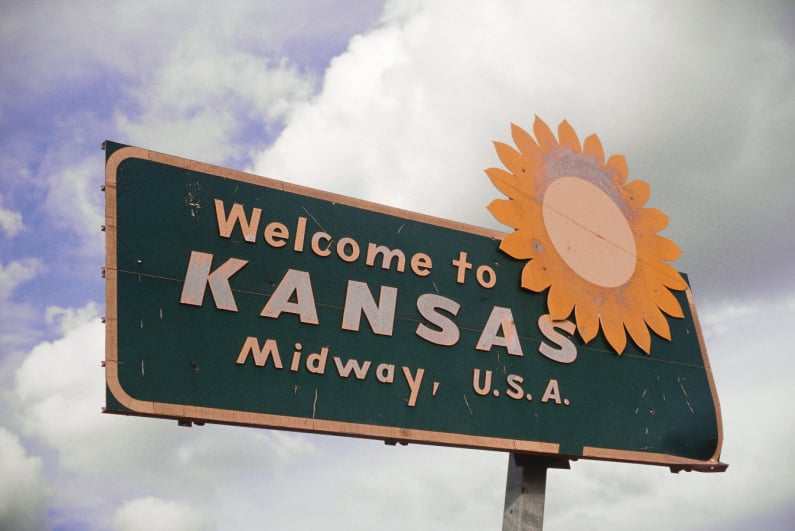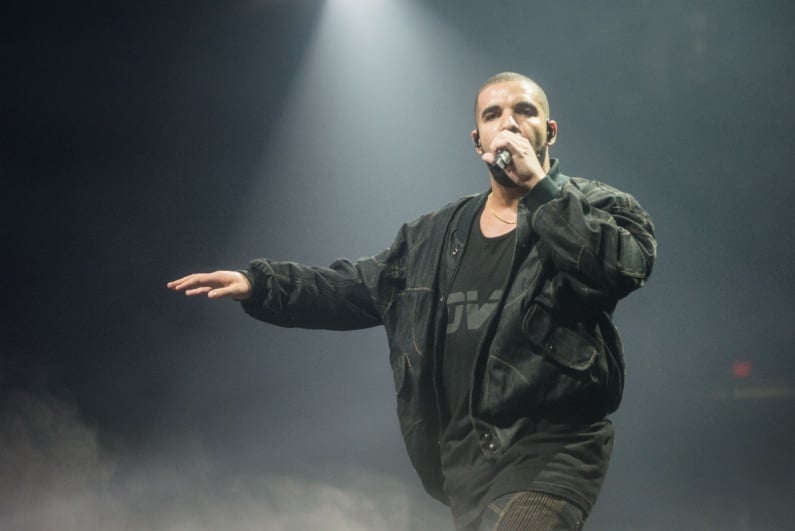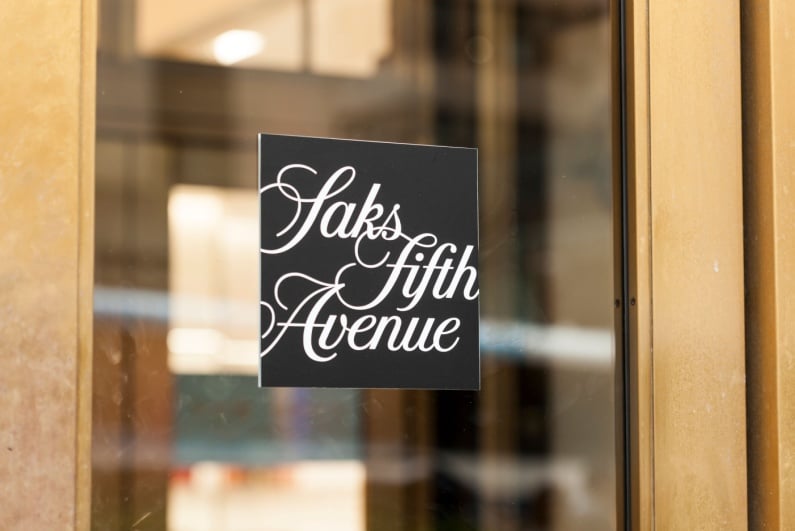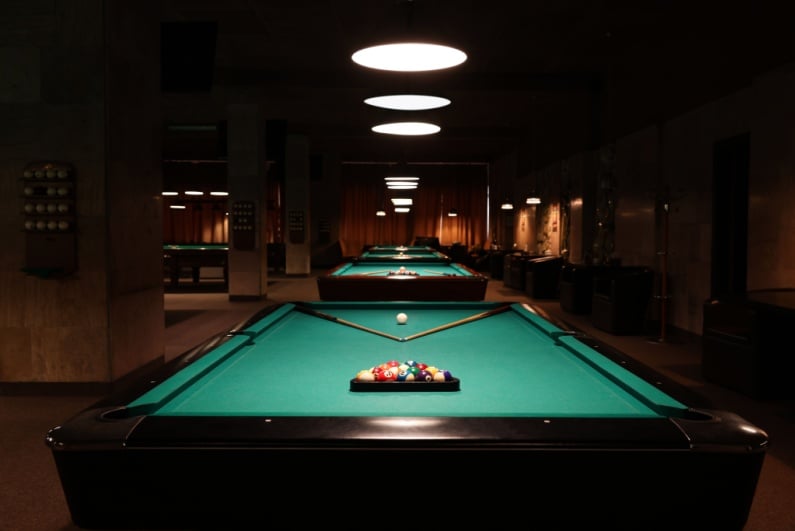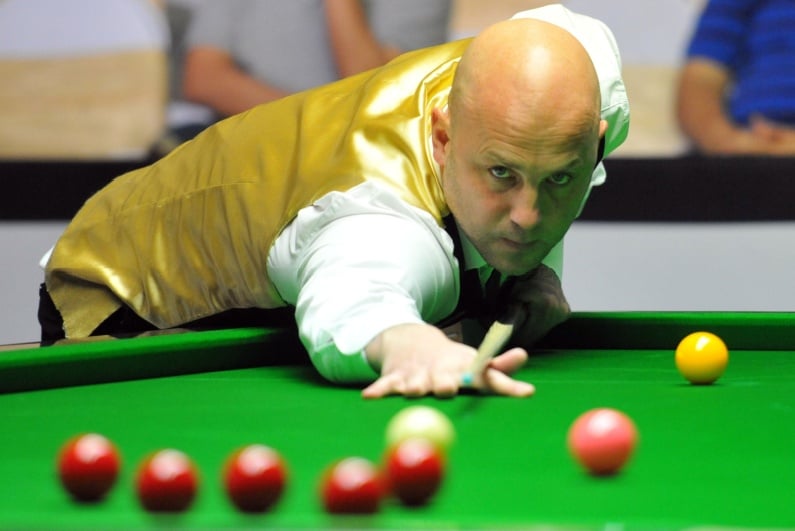
Top News Stories
Casino News
Crime
Most viewed articles
- Casino Refused to Pay Sports Betting Influencer’s $500k Win, Social Media Looking for Answers
- MGM Resorts Laying Off 200+ Contact Center Workers, Reports Suggest
- Saks Fifth Avenue Withdraws Its Proposal for a Downstate NY Casino License
- Excalibur Laying Off Workers and Cutting Housekeeper Hours, According to Reports
- Conman Tipster ‘Moosh’ Filmed Arguments With Sportsbook Staff Over Lifetime Ban
- Top News Stories
- Law Firm That Won $25m Social Casino Class-Action Files Complaint Against Stake.US
- Wynn Gives Day One Staff $10k in Shares and a Gift to Celebrate 20 Years in Las Vegas
- Big Win Wednesday | April 09, 2025
- Resorts World’s Comeback Continues With Appointment of Industry Veteran Greg Shulman

